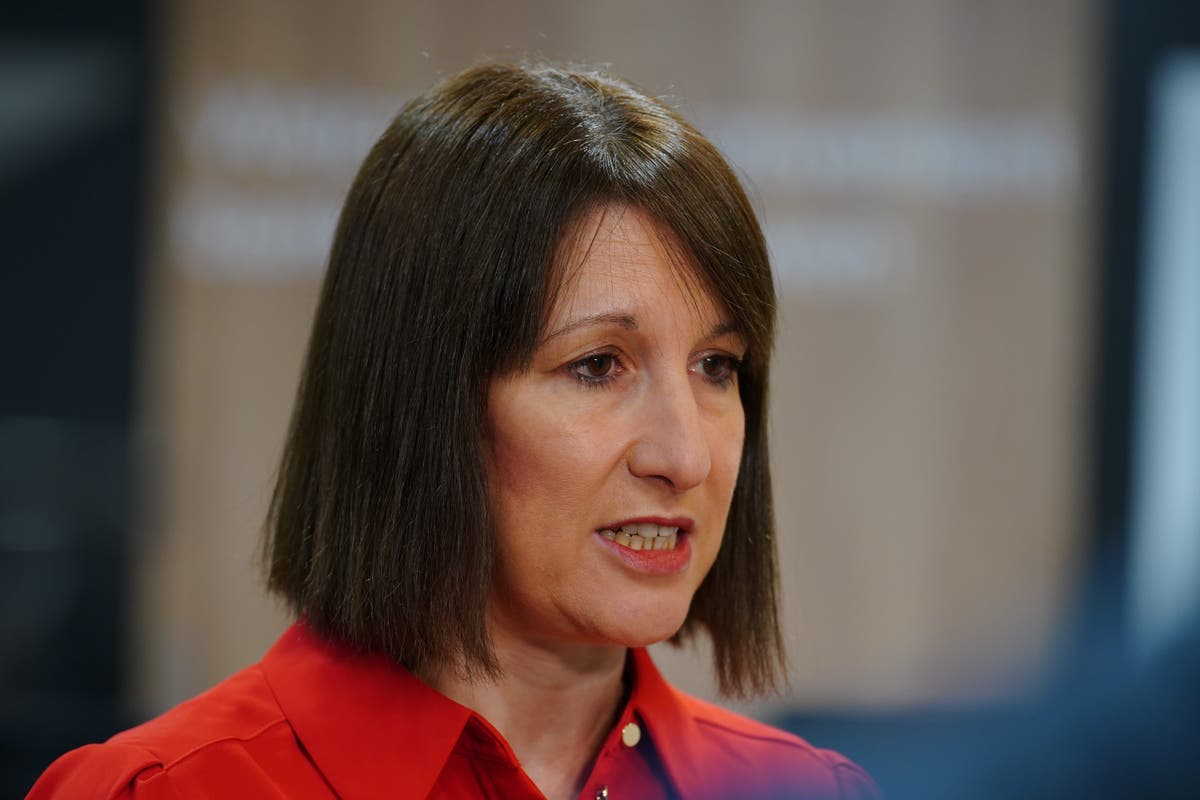UK exporters still struggling with post-Brexit rules, says trade body

- by Admin
- December 22, 2024

Many exporters are still struggling with post-Brexit trading rules, the British Chambers of Commerce (BCC) has said, as it urges the government to press ahead with an EU “reset” in the new year.
In a survey of more than 1,000 of its member companies, the BCC found just 15% said the trade and cooperation agreement (TCA) with the EU, signed by Boris Johnson on Christmas Eve 2020, had helped them to grow sales with the EU.
That compared with 40% of companies that said the deal had not helped them to increase sales with the bloc.
Asked what they would like to see change, the most popular answer was for it to be made easier for British businesses to send UK staff to work in the EU – an option favoured by 46% of respondents.
Shevaun Haviland, the BCC’s director general, suggested a closer EU relationship that tackled some trade barriers could help to offset the impact of the higher taxes imposed at Rachel Reeves’s budget in October.
“The government has talked a lot about a new era of trade relations with the EU. But firms are grappling with increasing costs off the back of the autumn budget and this change cannot come soon enough,” she said.
Haviland also urged ministers to negotiate a youth mobility deal that could allow EU workers to come to the UK and vice versa – a key demand of EU countries, but something the government has so far rejected outright.
“Our businesses are clear on what they want to see, less paperwork and bureaucracy, greater flexibility on business travel and a balanced youth mobility scheme between the UK and EU,” she said.
Other aspects of the Brexit deal that businesses said they would like to see improved included VAT requirements (36%) and mutual recognition of professional qualifications (24%).
The government is hoping to negotiate a deal to allow professionals such as architects, doctors and accountants who qualify in the UK to practise across the EU.
The BCC also pointed to the risk that trade frictions could increase further, if rules set in Brussels continue to evolve and Britain does not follow suit.
after newsletter promotion
The survey found that more than three-quarters of businesses, 77%, had no awareness of new EU regulations on safety and security that would affect exports to the 27-member bloc from January.
Research published recently by researchers at the Centre for Economic Performance at the London School of Economics found that in the first two years of operation, the TCA reduced trade by £27bn – less than half the hit forecast by the independent Office for Budget Responsibility.
A government spokesperson said: “We are resetting the relationship with our European friends to strengthen ties, secure a broad-based security pact and tackle barriers to trade … We have been clear that there will be no return to the customs union, single market or freedom of movement.”
The Latest News
-
December 23, 2024UK weather: mild Christmas forecast with temperatures of up to 15C
-
December 23, 2024Christmas shopping from a more civilised age! As Britain is gripped by festive getaway chaos and a looming recession, how the country used to get its last-minute purchases done in style
-
December 23, 2024Play North® invests in The Netherlands with Dutch online casino brand: Kansino
-
December 23, 2024On board with the pilots doing one of Britain’s toughest jobs
-
December 23, 2024Christmas Travel LIVE: Traffic chaos on motorways while flights cancelled





